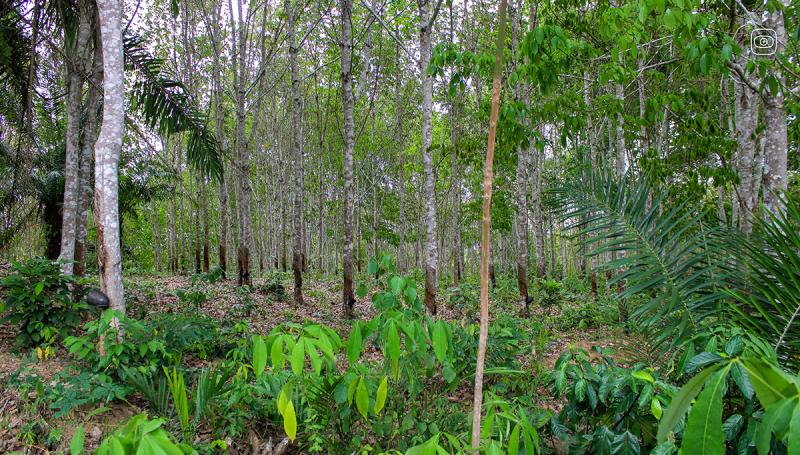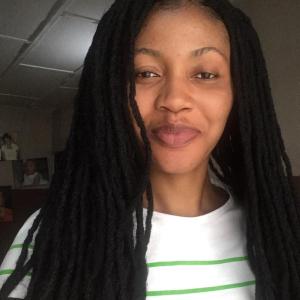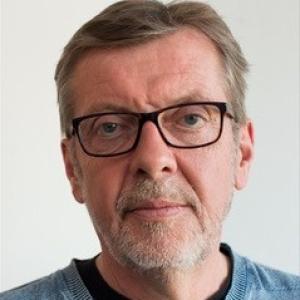"Environmental dumping" is an unethical practice that poses risks to human health and the environment. The investigation highlights some legislative weaknesses in managing pesticide use and importation in Africa and leads to the conclusion that stronger pesticide regulations in African countries ought to be adopted.
It underscores the environmental injustice this trade represents, considering the long-term health and environmental impacts on recipient countries.
Ghana Real Estate Limited (GREL), a technical advisor on a Rubber Outgrower Plantation Project (ROPP) dating as far back as 1995 supplied paraquat, banned in Europe since 2007 to rubber outgrower farmers in the Wassa East district of Ghana putting their health and environment at risk.
The team also uncovered that funding from a French public development bank called Agence Francaise de Development as part of the rubber plantation project, designed to assist small farmers in rural areas of Ghana had already reached over 9,000 farmers many of whom received the toxic pesticide.
“There is a certain hypocrisy in the EU: we ban pesticides to protect the health of European citizens and our environment, but we support their use abroad by funding development projects or by exporting our chemical industries,” said Martin Dermine, director of Pesticides Action Network, a U.K-based charity focused on targeting issues surrounding pesticides.
The report also shows that there are no international laws that can outrightly ban the use of pesticides. “Unfortunately, there are no international laws that allow for global bans on pesticides,” said Dermine. “Worse, when the European Union tries to ban new pesticides on its territory, many states try to dissuade it via WTO rules.”
The project also explores how European policies and international conventions, such as the Basel and Bamako Conventions, relate to this issue, and suggests that comprehensive, enforceable regulations and international cooperation are essential to address these challenges.
The team of investigators from iWatchAfrica, Lighthouse Reports, Mediapart, Nederlands Dagblad, De Groene, El Surti spoke to rubber farmers in Ghana, environmental experts, civil society representatives, bank officials, and the academia to understand what is at stake, and how pesticides banned in Europe end up in rubber farms outside Europe with funding from European development banks.





